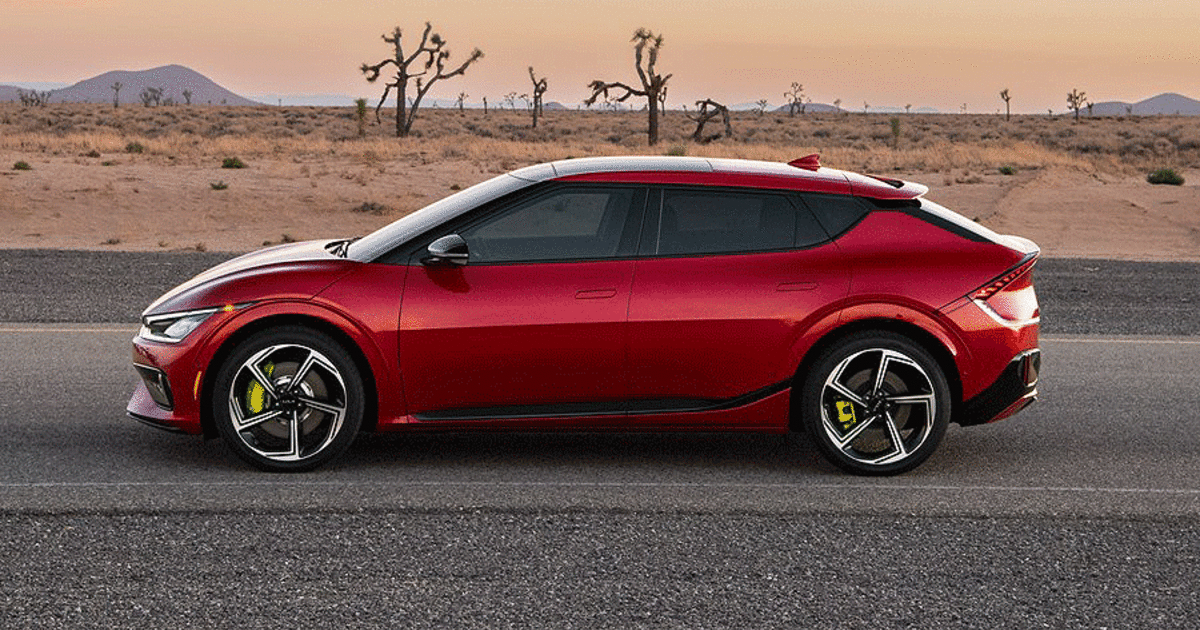
Wyoming State Senator Jim Anderson sponsored a bill last week that, if enacted, would phase out new electric vehicle sales in the state by 2035. However, Anderson told Automotive News on Wednesday, he doesn’t intend for it to pass, and he doesn’t begrudge anybody buying EVs.
The bill comes as a number of other states are moving in the opposite direction, eyeing the end of gasoline-powered vehicle sales in favor of electrics and plug-in hybrids. A California executive order and new rules issued by the California Air Resources Board are a prominent example of efforts to push zero-emission vehicles by 2035 with the aim of reducing emissions and thwarting climate change.
The Wyoming bill was written in the same manner as California’s, Anderson said, but aims to preserve customer choice.
“It’s not good to dictate to the citizens what kind of vehicles they’re gonna buy, because of all the problems with (electric vehicles),” he said. The bill, which currently sits with the mineral committee, is simply to “make a statement,” said Anderson, a Republican who represents Natrona County.
“If we pass it or don’t pass it, it doesn’t matter,” he said.
Text in the bill says the proliferation of EVs will have “deleterious impacts” on the state’s communities and economy, as the oil and gas industry has “long been one of Wyoming’s proud and valued industries.”
Despite the bill encouraging industries and citizens to limit sales and purchases of new EVs, Anderson said people can buy any kind of vehicle they want.
Wyoming’s “vast stretches” of highway lack sufficient EV charging infrastructure, the bill says, rendering widespread EV use impractical.
The bill cites other factors for eventually ending EV sales, including scarcity of materials needed to manufacture batteries. It also cites hindrances to battery materials that are not “easily recyclable or disposable.” Wyoming’s landfills are incapable of handling “all the batteries that are hazardous material,” Anderson said.
EV batteries being unrecyclable is “clearly not the case,” said Brian Willis, a spokesperson for the Zero Emissions Transportation Association. Most EV battery components are “infinitely reusable” as long as the critical minerals maintain their purity, he said.
Companies like Redwood Materials, headquartered in Nevada, a Wyoming neighbor, showcase how EV batteries can be sustainable. Redwood strips batteries to their main components and sells them back to manufacturers to be reused, he said. The company has attracted $792 million in funding since its July 2017 founding, according to Crunchbase data.
Should the Wyoming bill move forward, automakers face scant sales repercussions. Wyoming car buyers purchased only 228 EVs in the first 11 months of 2022, the most recent time frame for which Experian has data. That’s the second-lowest total of any state, according to the data. Only North Dakota, at 213 EV units sold, had fewer.